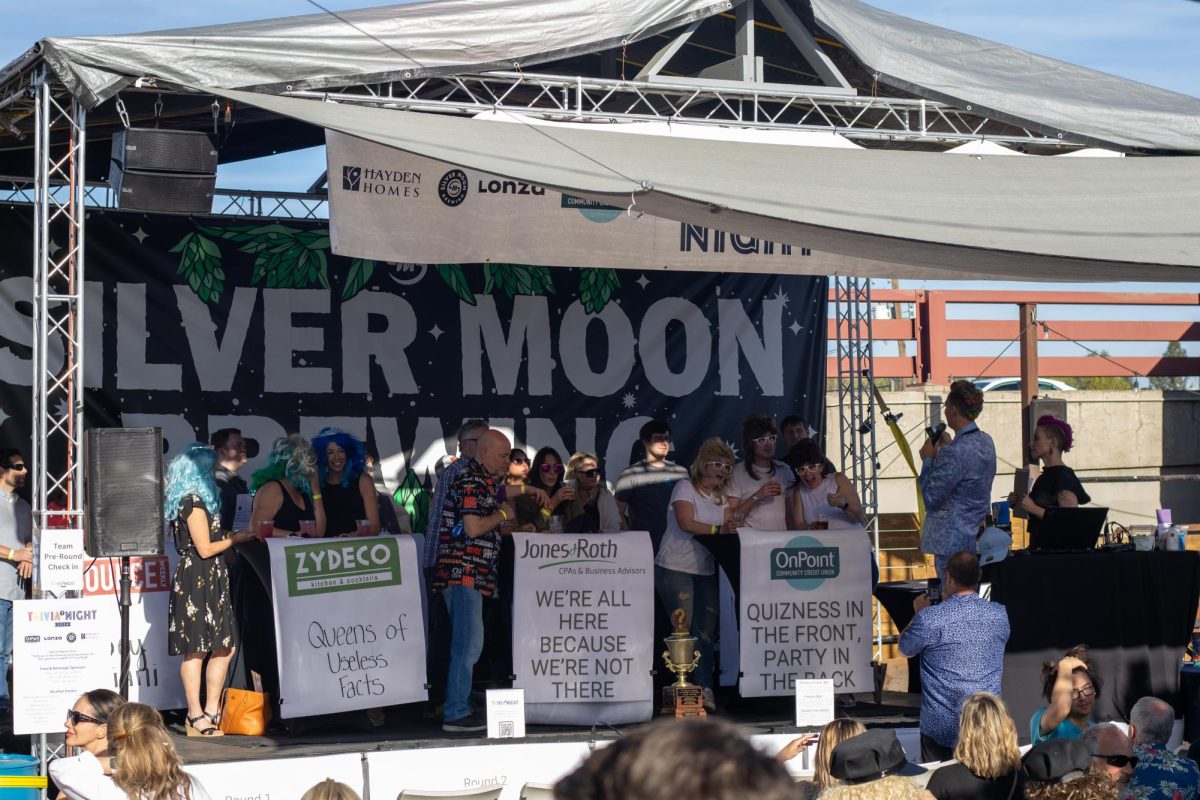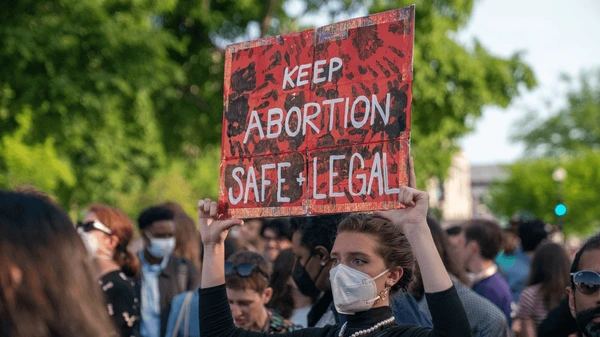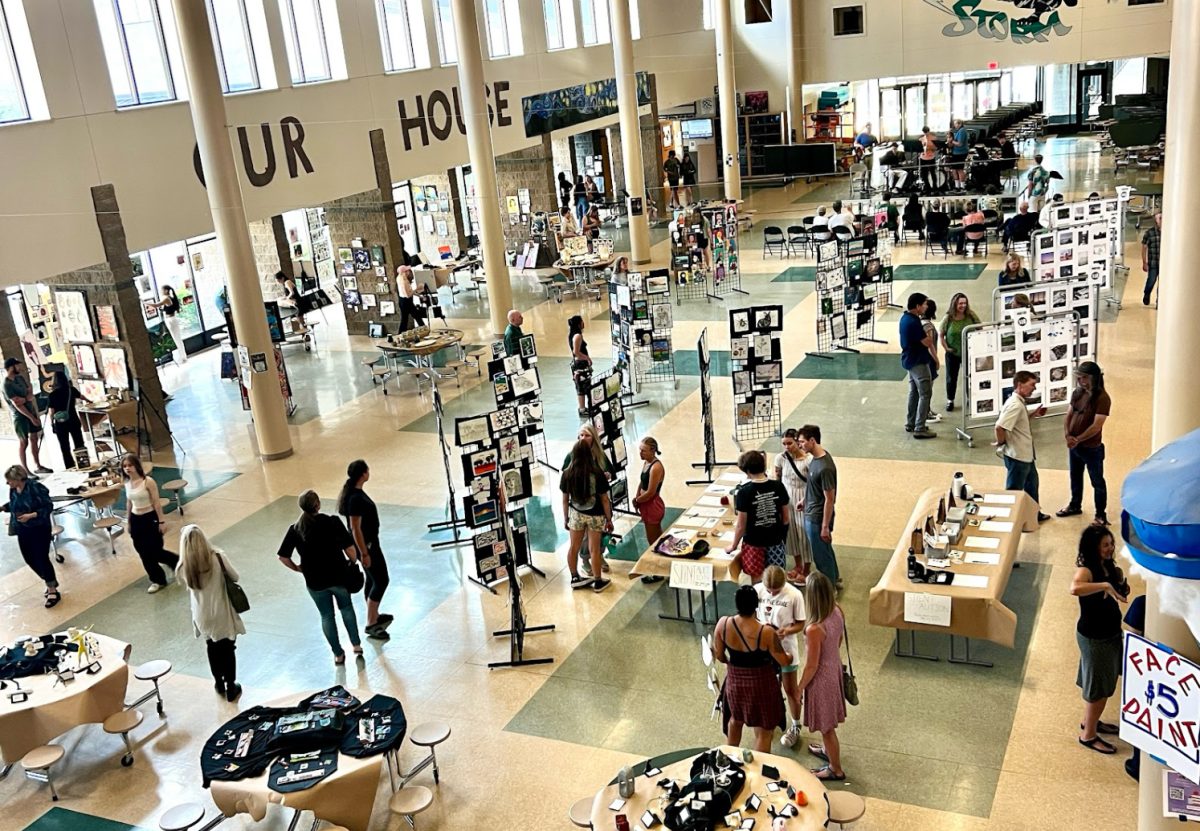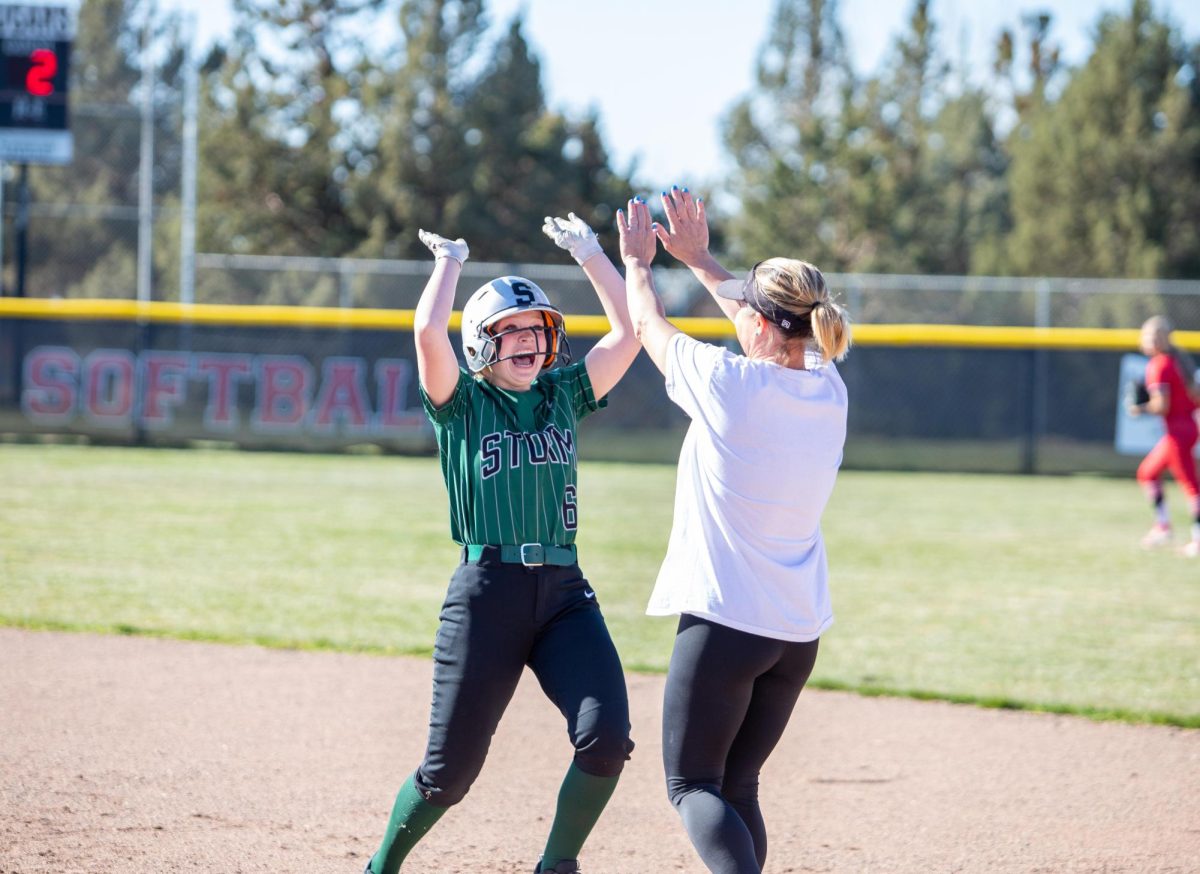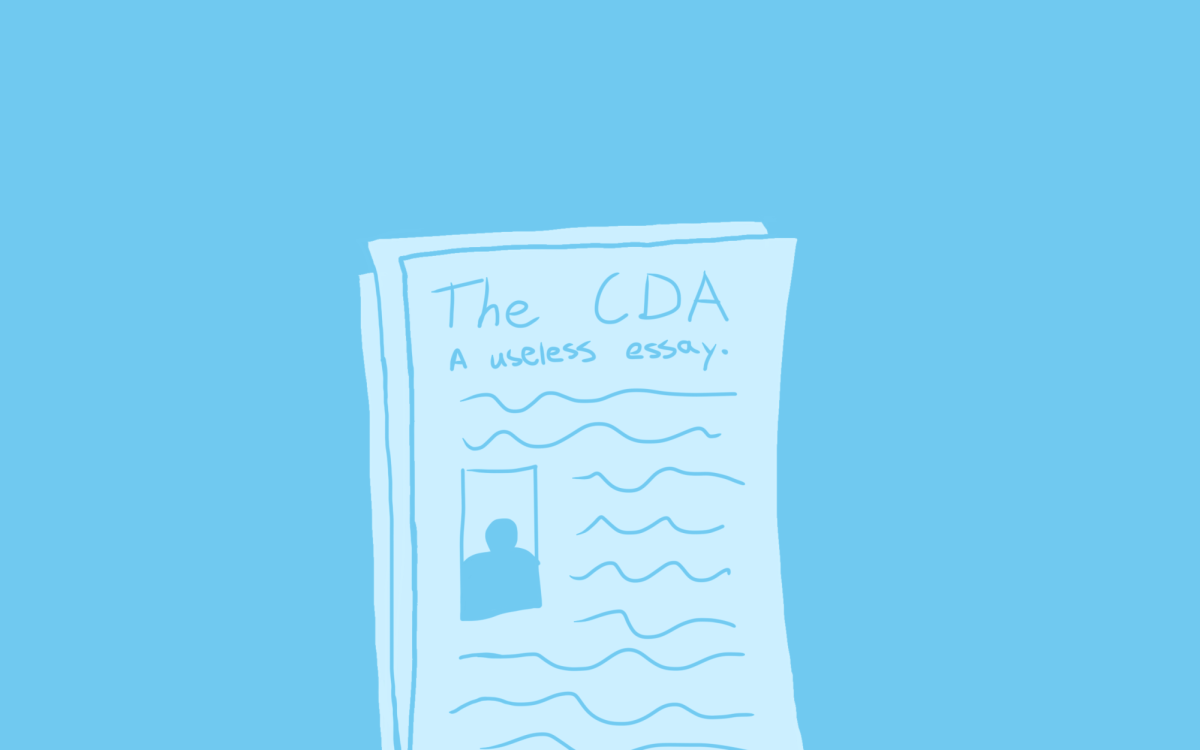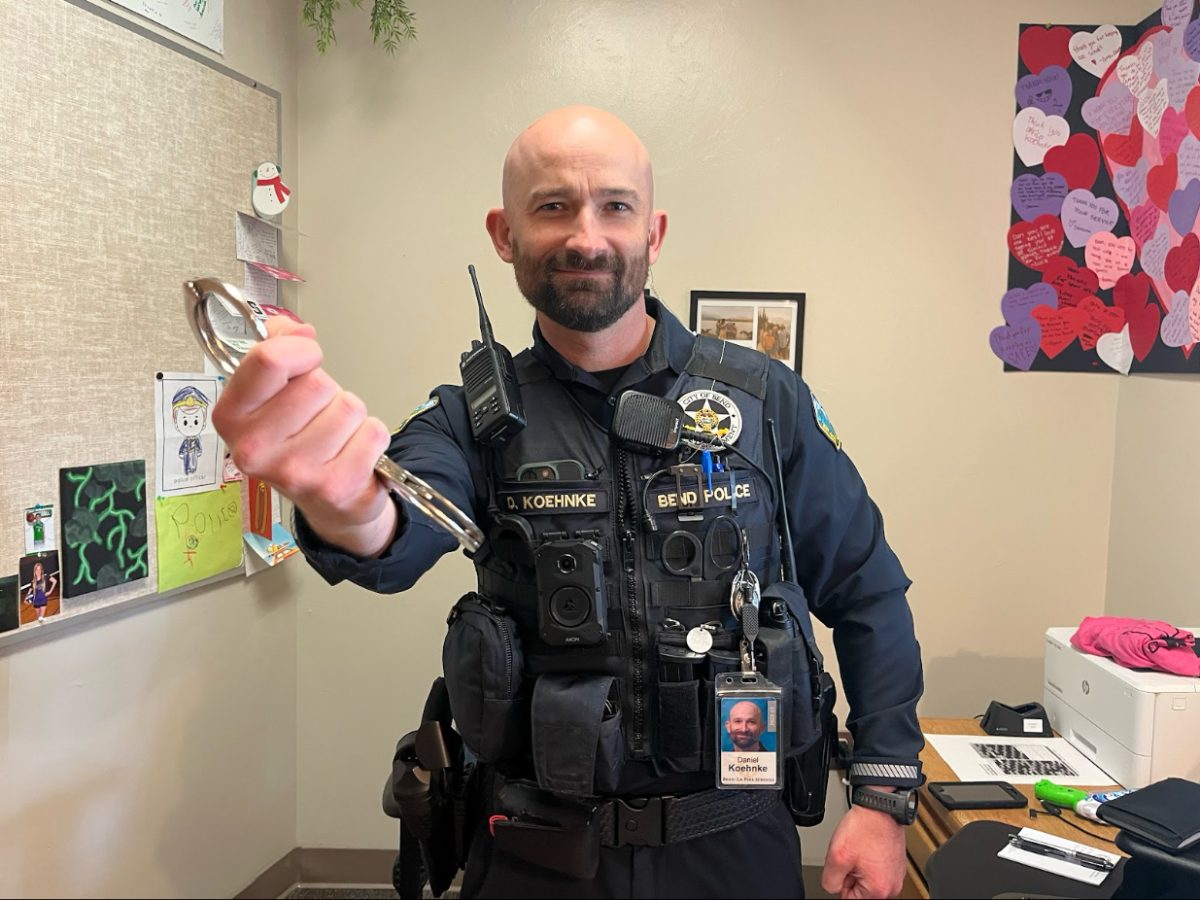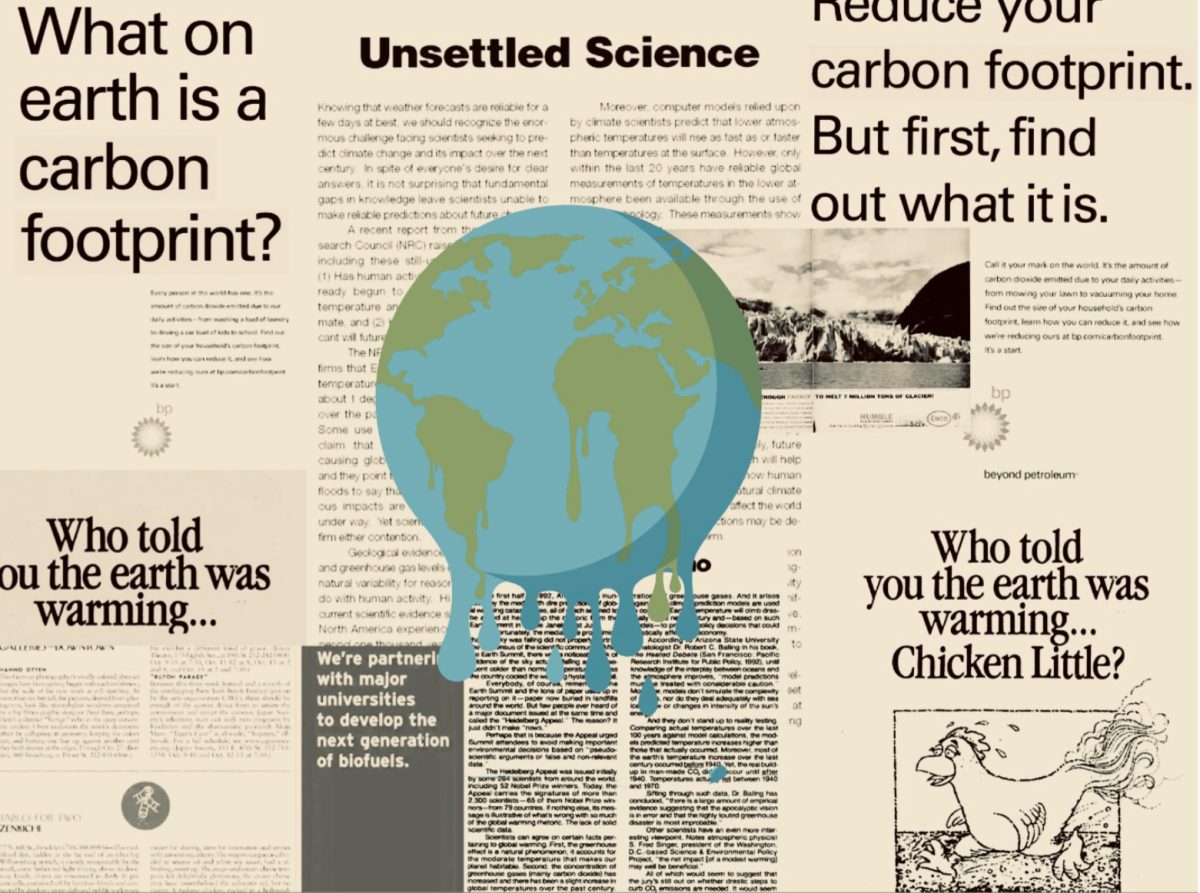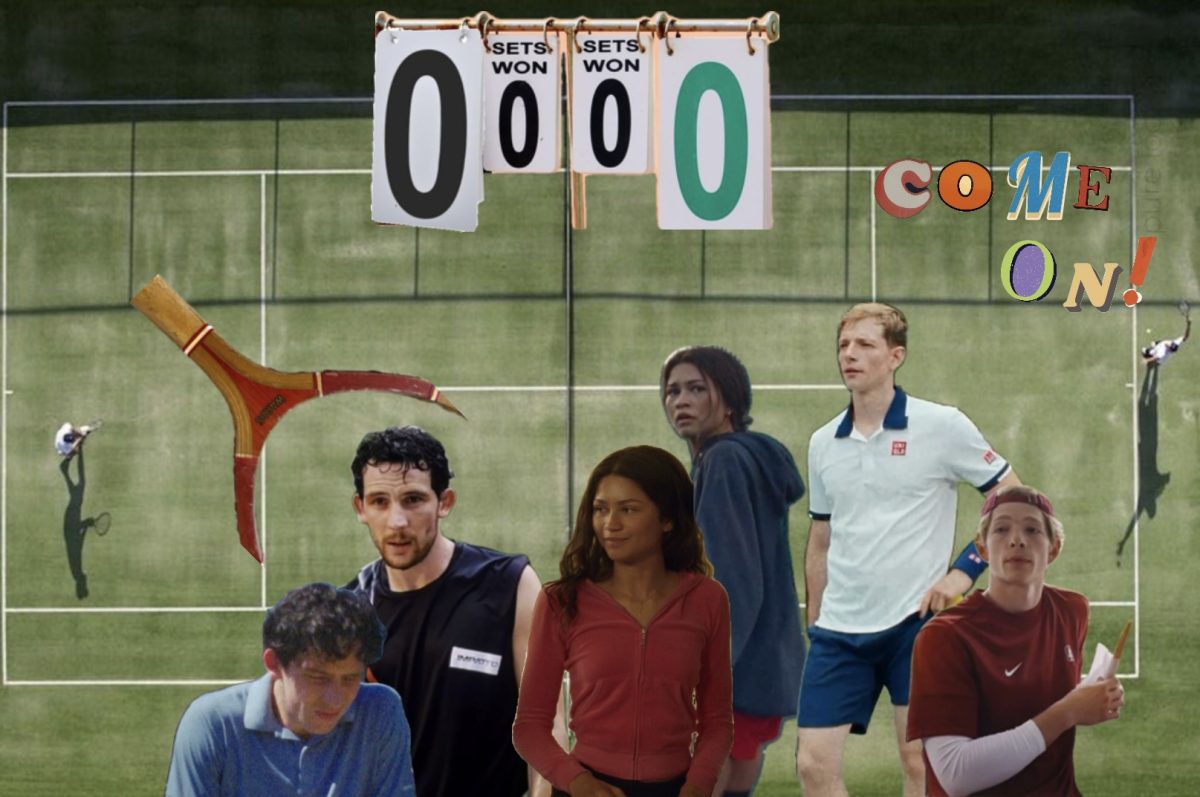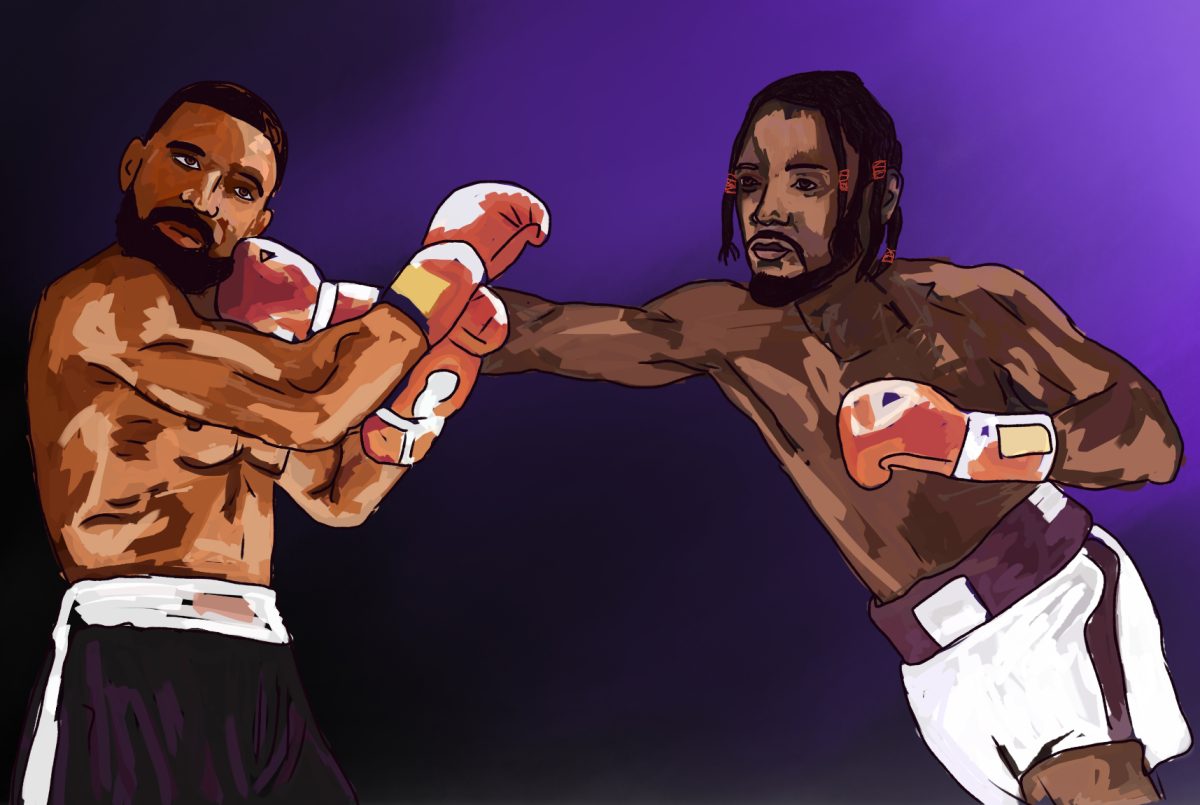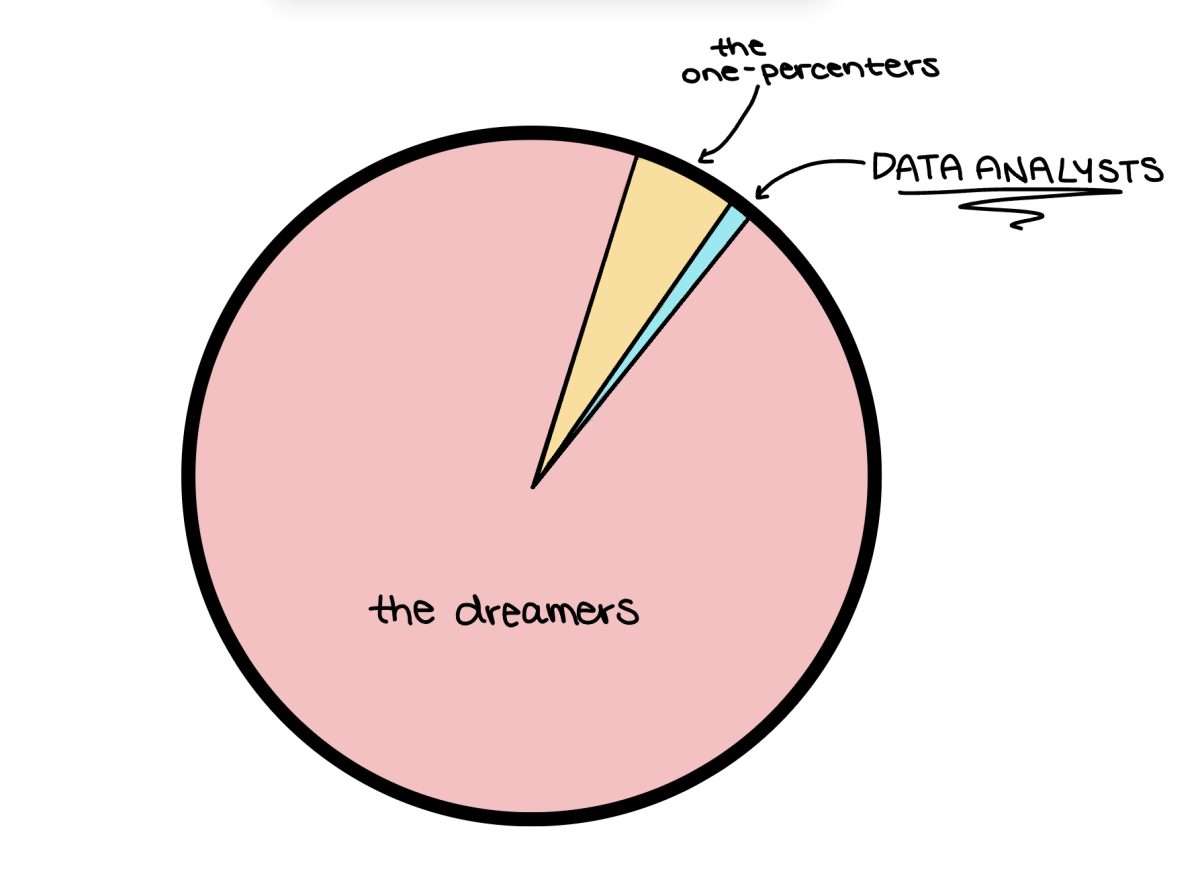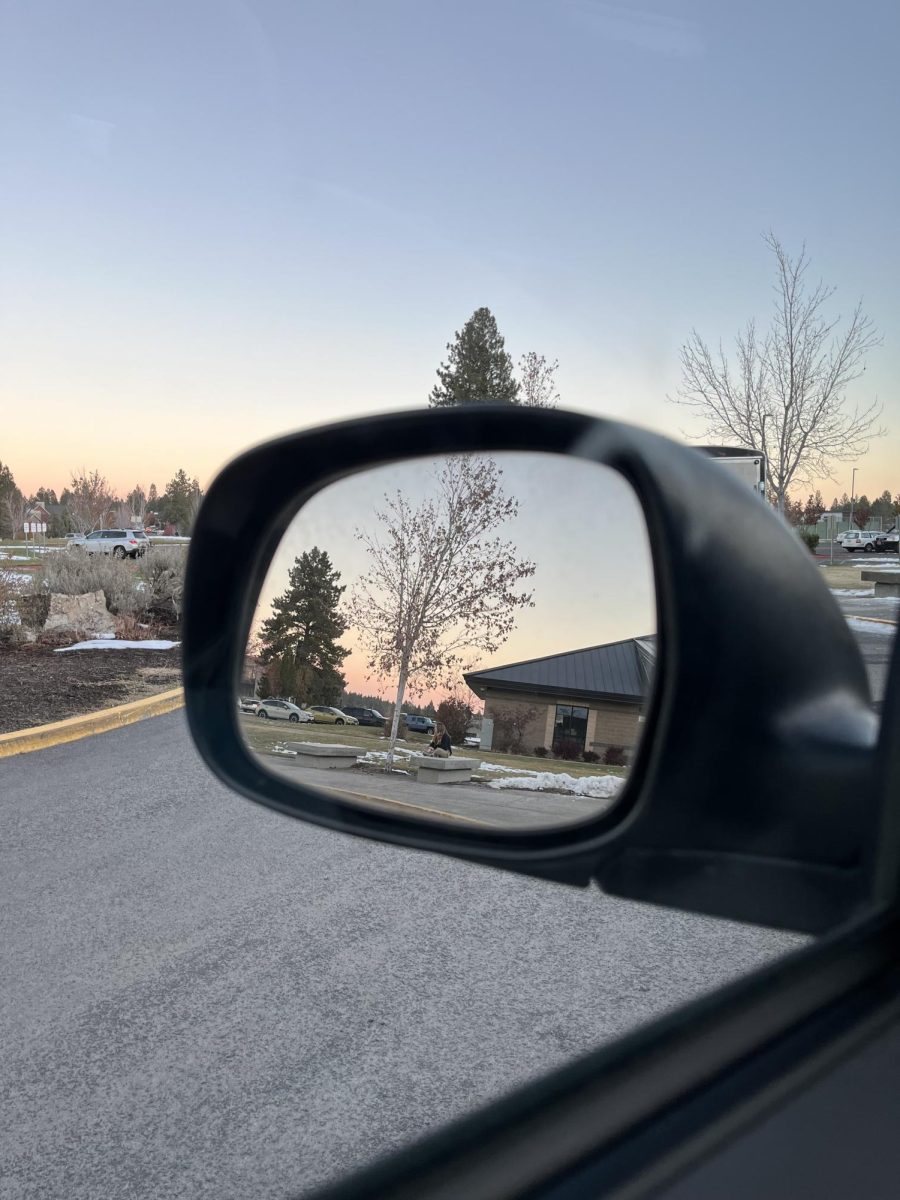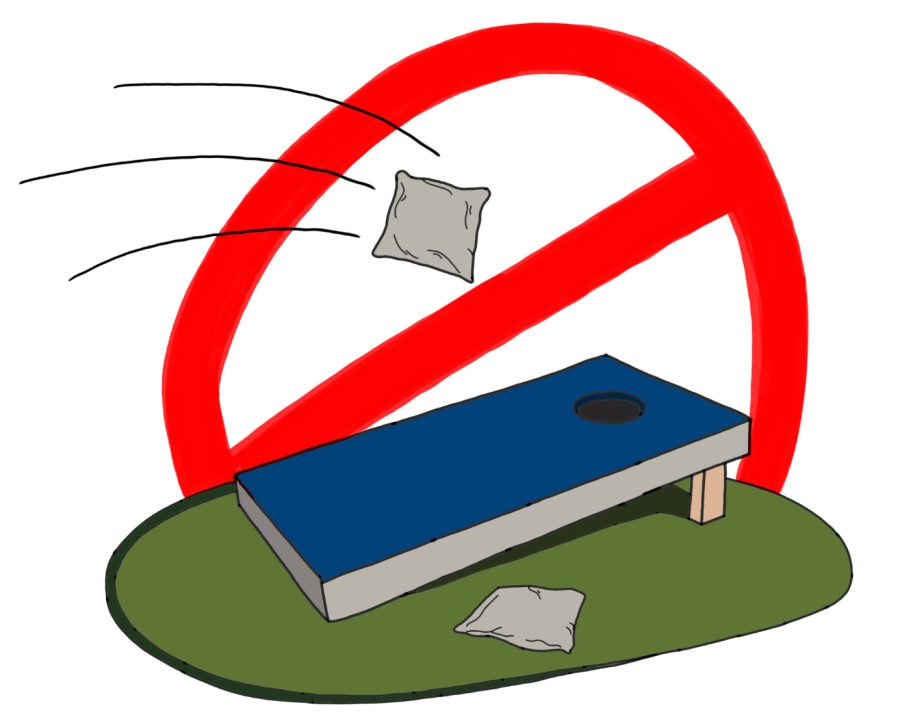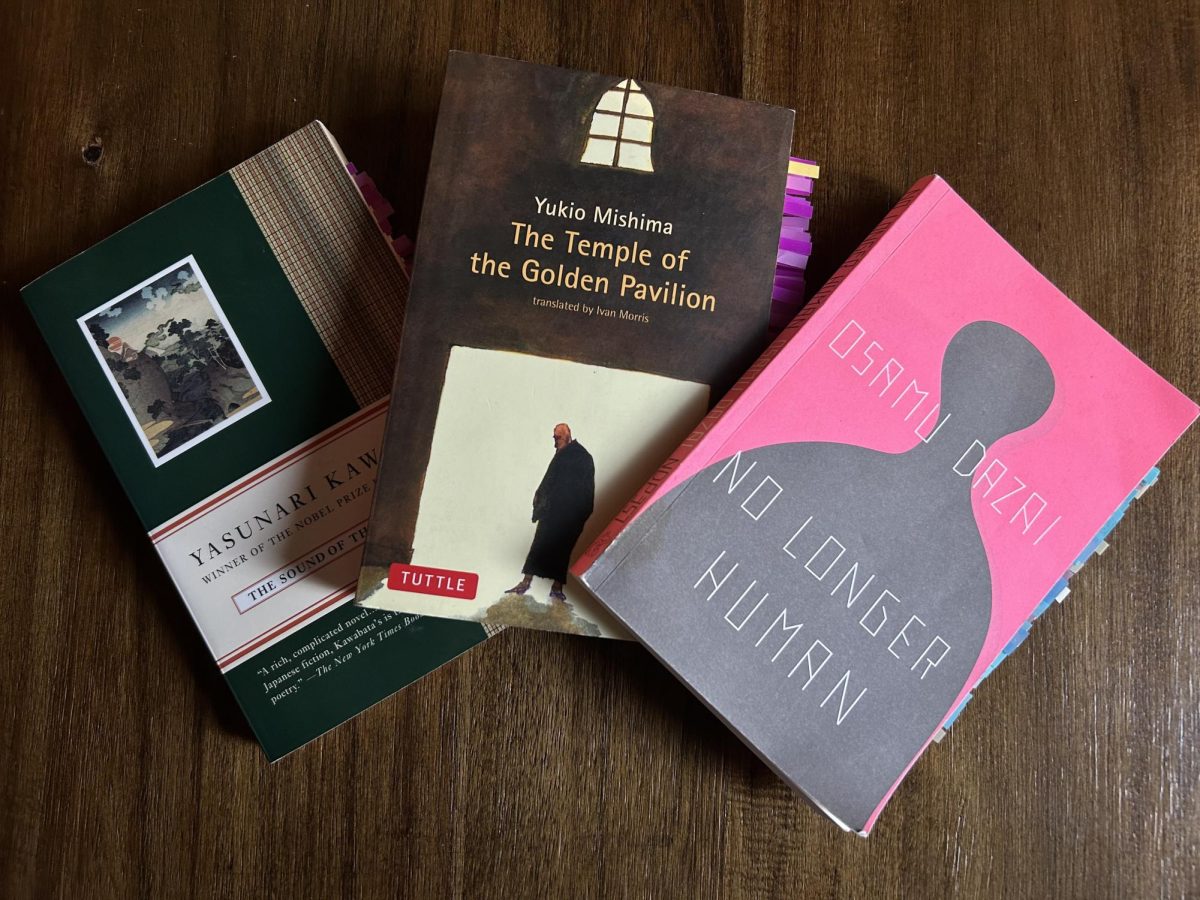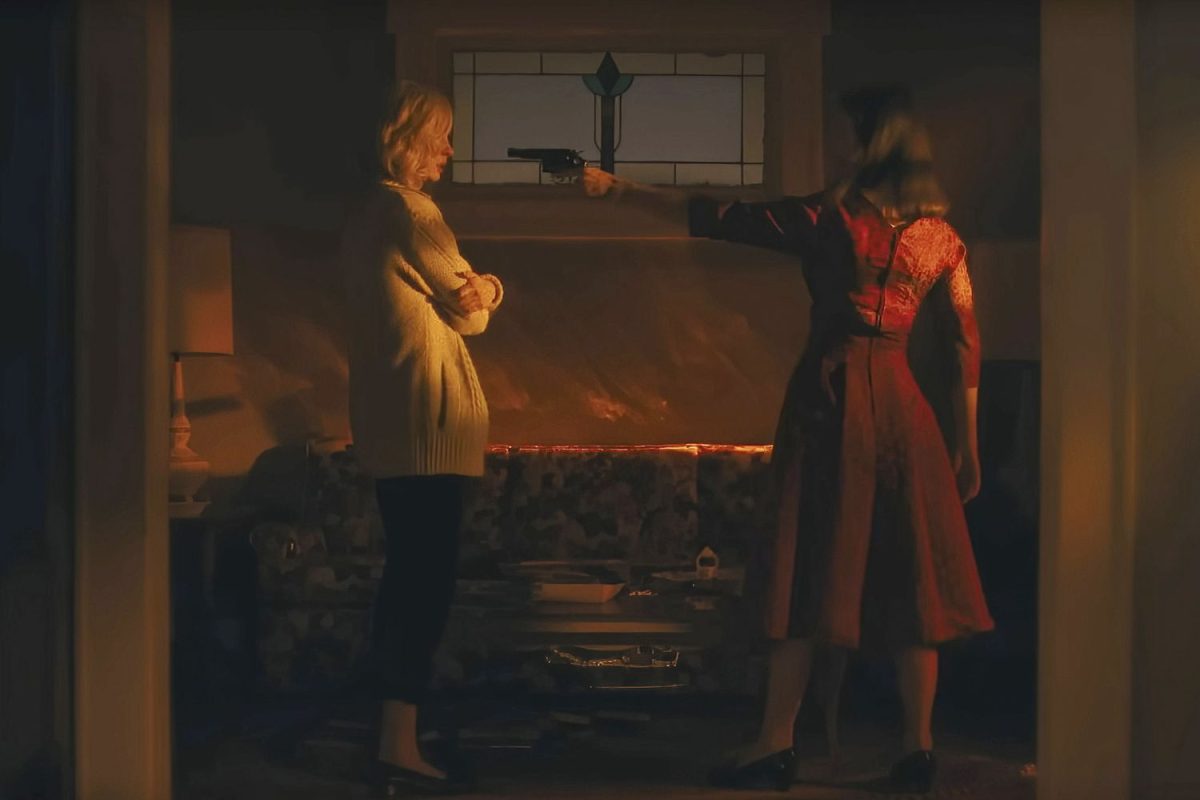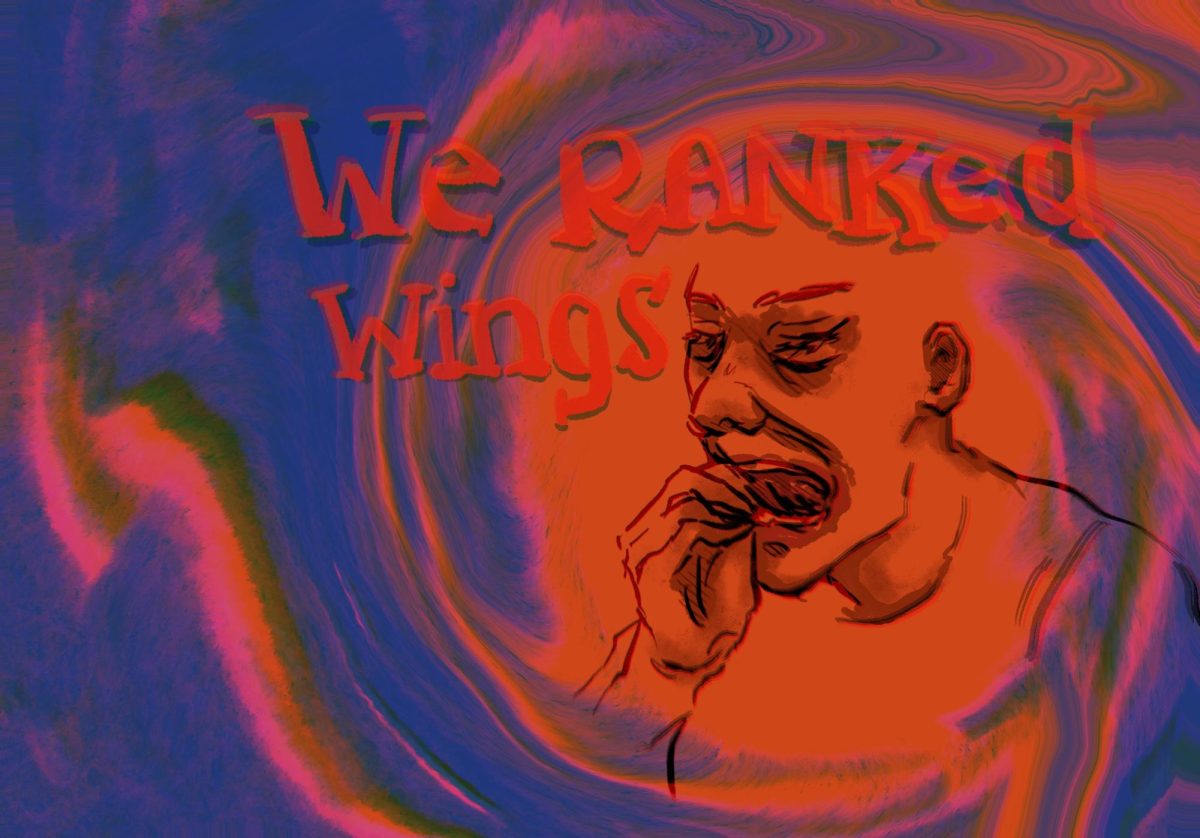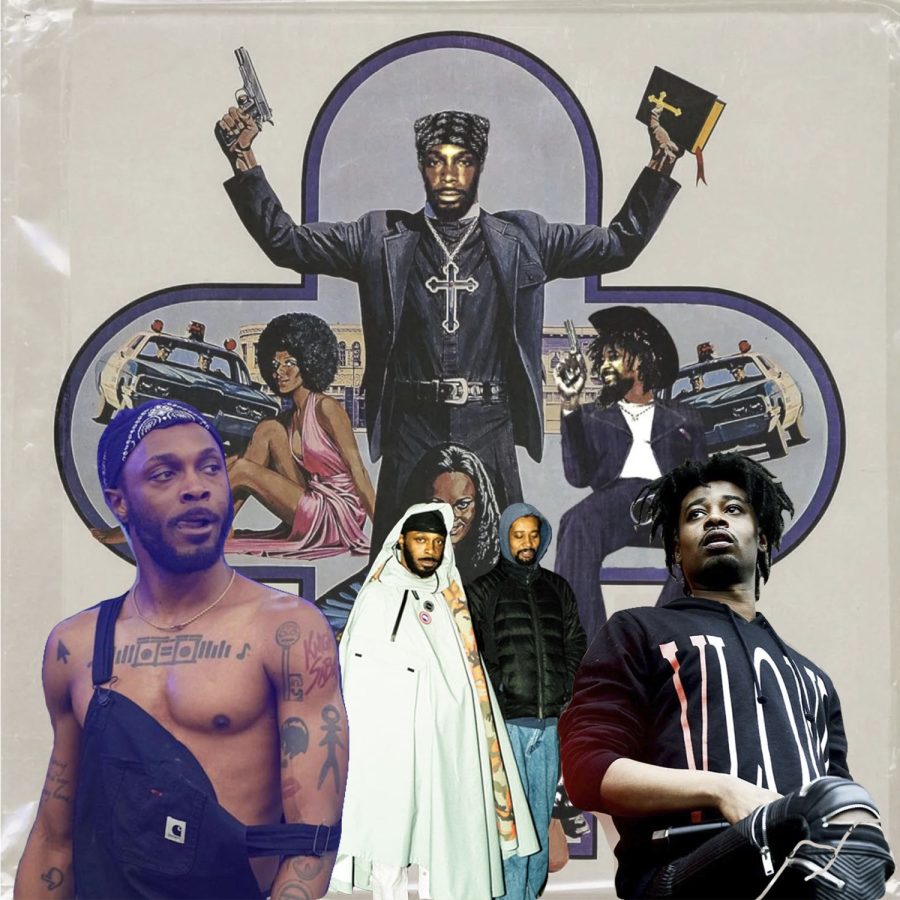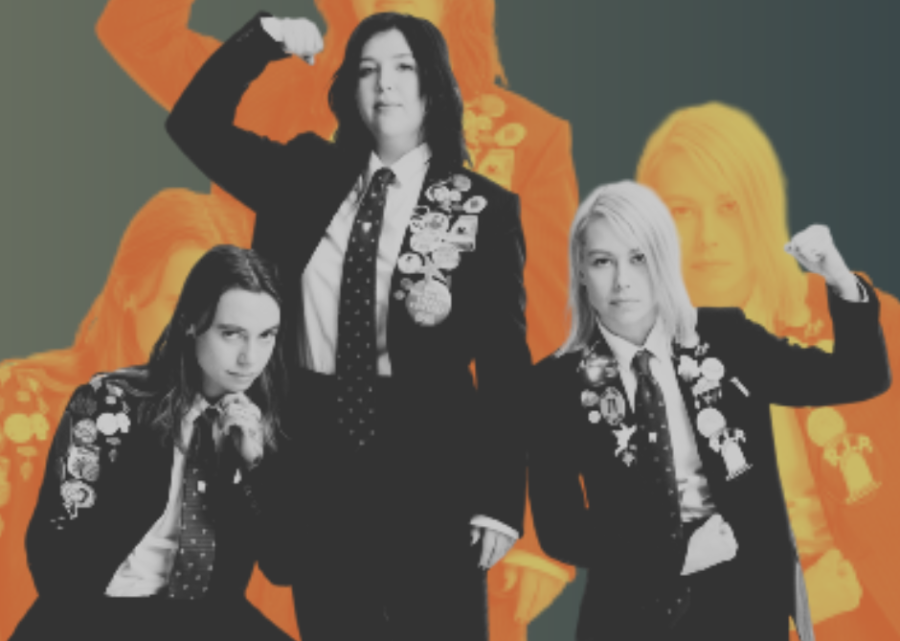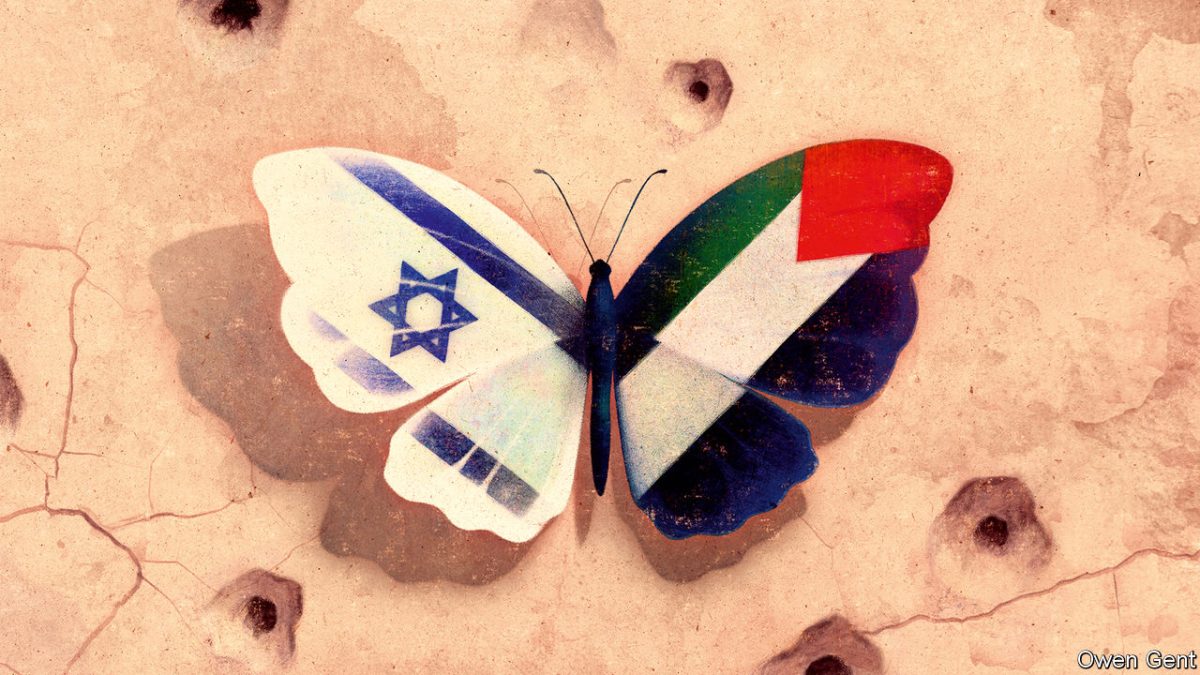Peace. It’s what everyone wants, right? Not necessarily. In the Middle East there are people whose only goal is eternal war, and now they’ve dragged the rest of the world into a moral dilemma.
For peace to exist, both Israel and Palestine have to have an adequate quality of life. This means good access to the necessities: water, food, shelter, and medical care. The problem is that when hate for a certain people has been bred into generations upon generations, it sticks, and more and more radicals are born. In this case we are specifically talking about Hamas, but ISIS, Al Qaeda, and pretty much any other terrorist organization one can think of. In the case of Hamas, this comes with the belief that women and children are second-class citizens and that Jews have no place on this earth. Now that’s not to say that people don’t try to fight the oppression and war, but it is usually followed up by a crackdown, and worse conditions after, and it turns into a vicious cycle.
Hamas notwithstanding, for peace to occur between Israelis and Palestinians, the Palestinians have to understand that Israel isn’t going away, and acknowledge the Jew’s rights to exist. As of now, only Egypt, Jordan, and the UAE officially recognize Israel’s right to exist, and there has been standing peace for many years. Jordan, for one, has expelled Hamas leaders from Amman in the south of Jordan.
Peace will come when the Palestinian people can form a peaceful government that acknowledges Israel, and Israel can make concessions to create a formal peace with the government and especially the Palestinian people.
Why are we having this discussion?
At 6:30 a.m. on Oct. 7 1,500 Hamas fighters, alongside some Gazan citizens and several international reporters, crossed into Israel, violated a standing ceasefire, and brutally attacked a large teenage music festival and several small towns. They killed approximately 1400 civilians and kidnapped about 240 others out of their homes, many of whom were children, women and elderly.
Israel immediately responded to the invasion with a blockade on the Gaza Strip, heavily restricting the movement of people and goods in and out of the territory, in a move it says is needed to prevent Hamas from developing more weapons. As of December 25, around 20,000 Palestinians have been killed in response to the invasion by Hamas, mostly consisting of civilians. On the Israeli side it’s about 2000, also mostly civilians. All in the war has taken over 22,000 lives with many more missing and injured. The blockade has collapsed Gazas’s economy, and many Palestinians accuse Israel of collective punishment. It should be noted however that immediately after the blockade began, Israel stated that the restriction of supplies would end just as soon as all Israeli citizens were released. As of Dec. 2, about 130 hostages remain, as Israel agreed to a ceasefire in exchange for hostage release, which began on Nov. 24. Israel has allowed equivalent numbers of Hamas POW’s to be released and basic supplies back to Palestinian residents, as promised.
On Friday, Dec. 8 the U.N. Security Council vote to force an immediate ceasefire in Gaza was vetoed by the U.S. Britain abstained, and all other nations on the Council voted for it. Robert A. Wood, who represented the United States as a permanent member on the Council said that the proposed resolution and cease fire “was not only unrealistic, but dangerous — it would simply leave Hamas in place, able to regroup and repeat what it did on Oct. 7.” This was seconded by Israel’s U.N. ambassador, Gilad Erdan. He told the Council that the proposed resolution would only allow Hamas to regroup and strike again. He said that Israel will “continue with its mission, the elimination of Hamas’s terror capability and the return of all of the hostages.” As of Dec. 21, the U.S. is slowly working towards a version of the resolution that would meet its criteria, though it is as yet unclear when that vote will occur.
This leaves many of us asking, what has to happen for peace?
What needs to happen for peace?
Peace is not possible with Hamas in power. There isn’t a way around that. They believe that Jews don’t deserve existence. Assuming Hamas is removed from power, a new government will need to be created, one that can accept Israel, and work towards lessening the hate that has been bred into Palestinians for generations. It will take time. And it’s not one sided. Israel has to make concessions as well. Trade will have to be opened between the two again and freedom of travel would need to be granted, even if it’s in phases.
Many accusations have been targeted at Israel in the last 85 years for Arabs getting displaced, which was both the fault of the Arab League and Israel. However the one-sidedness of those accusations is not fair. In the thousands of years of history Jews have been driven out of Israel several times, and always fought their way back. But now that Israel has the upper hand they receive all of the hate for pushing back. Why is this? What makes Israel different that they now take all of the blame for one relatively tiny section of history in a massive chain of clashes? Why has no one said anything about Palestinians being horribly treated in Jordan, Egypt, Iran, Iraq, and anywhere else they’ve sought asylum? Why is this only an issue now? Anti Semitism? A desire to side with the underdog? Or something else? Now this does not mean that either side’s actions are fully justified. Reality is complex and human nature is not pretty.
As long as Palestinians are being used as human shields, as has been demonstrated repeatedly since Oct. 7, Israelis and Palestinians alike will continue to suffer.
To add to it all, Israeli prime minister Benjamin Netanyahu isn’t helping the situation either. If Netanyahu and Hamas are both removed from power, Gaza will have the chance they need to form a government that can seek peace with Israel and Israel can reciprocate.
I will leave you with the words of one of the earliest Prime Ministers of Israel, Golda Meir: “When peace comes we will perhaps in time be able to forgive the Arabs for killing our sons, but it will be harder for us to forgive them for having forced us to kill their sons. Peace will come when the Arabs will love their children more than they hate us.”



